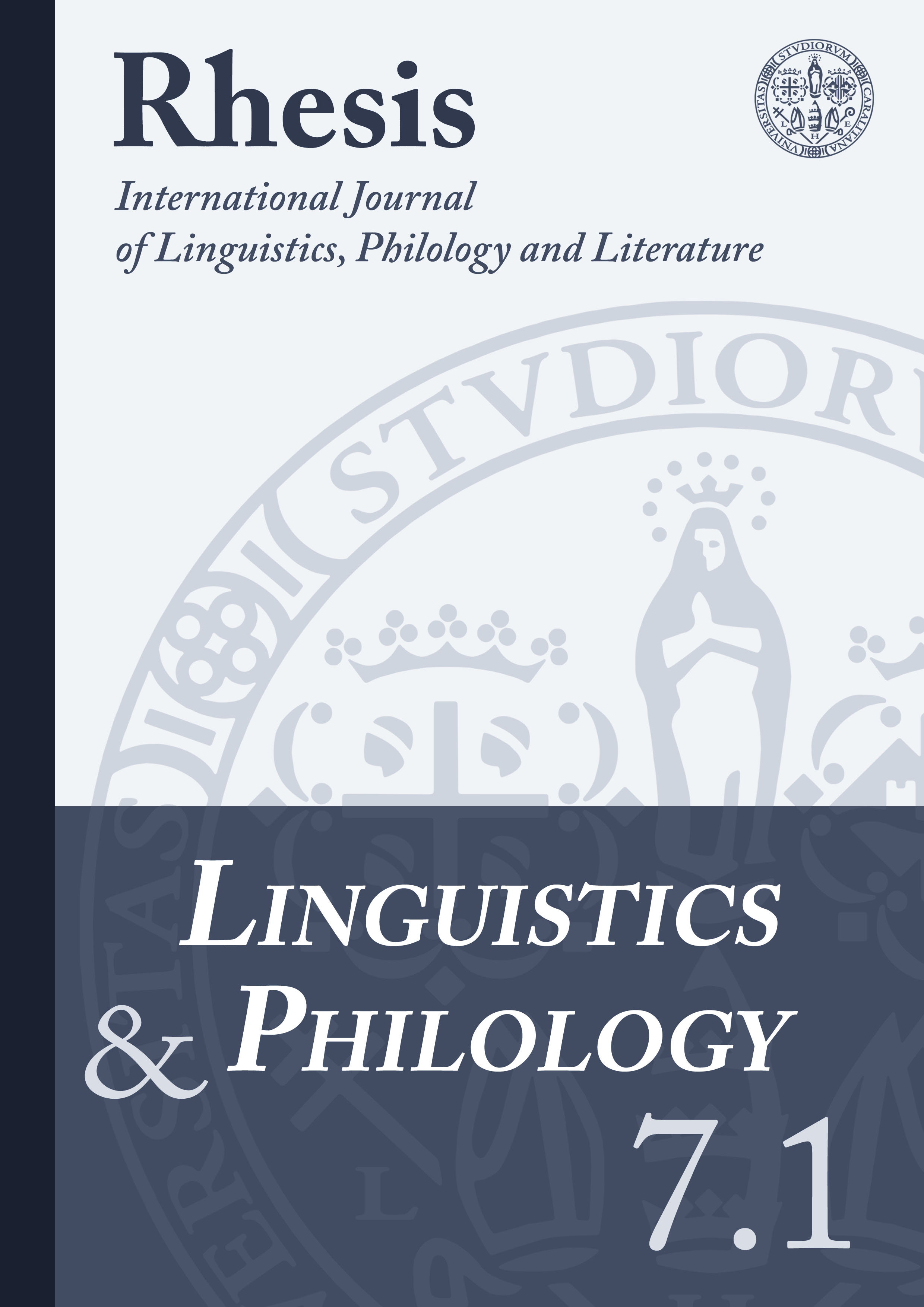Problematising the Greek Influence on Armenian Texts
Abstract
It is generally acknowledged that the Greek language and culture exerted a notable and durable influence, especially on learned Armenian milieux. However, the full effect of these ties has often been recognised mainly in cultural and literary niches, such as those responsible for the most slavish translations of Greek specialised texts, which are generally perceived as clearly distinct both from ‘Classicalʼ versions and from the more genuine Armenian production. The present paper adheres instead to more recent trends of thought: it addresses the topic of the Greek influence on Armenian by underlining its continuity through time and textual typologies, thus avoiding clear-cut and strictly chronological periodisations, without denying the reality of language change. Indeed, since several factors, including but not limited to foreign influences, can affect internal variation, the separation between translated and original literature on the one hand, and between different ˗ and internally homogeneous ˗ schools of translators on the other, should not be overemphasised. Within this context, the paper also addresses the problematic nature of some widely used labels, such as Classical Armenian and Hellenising School.



